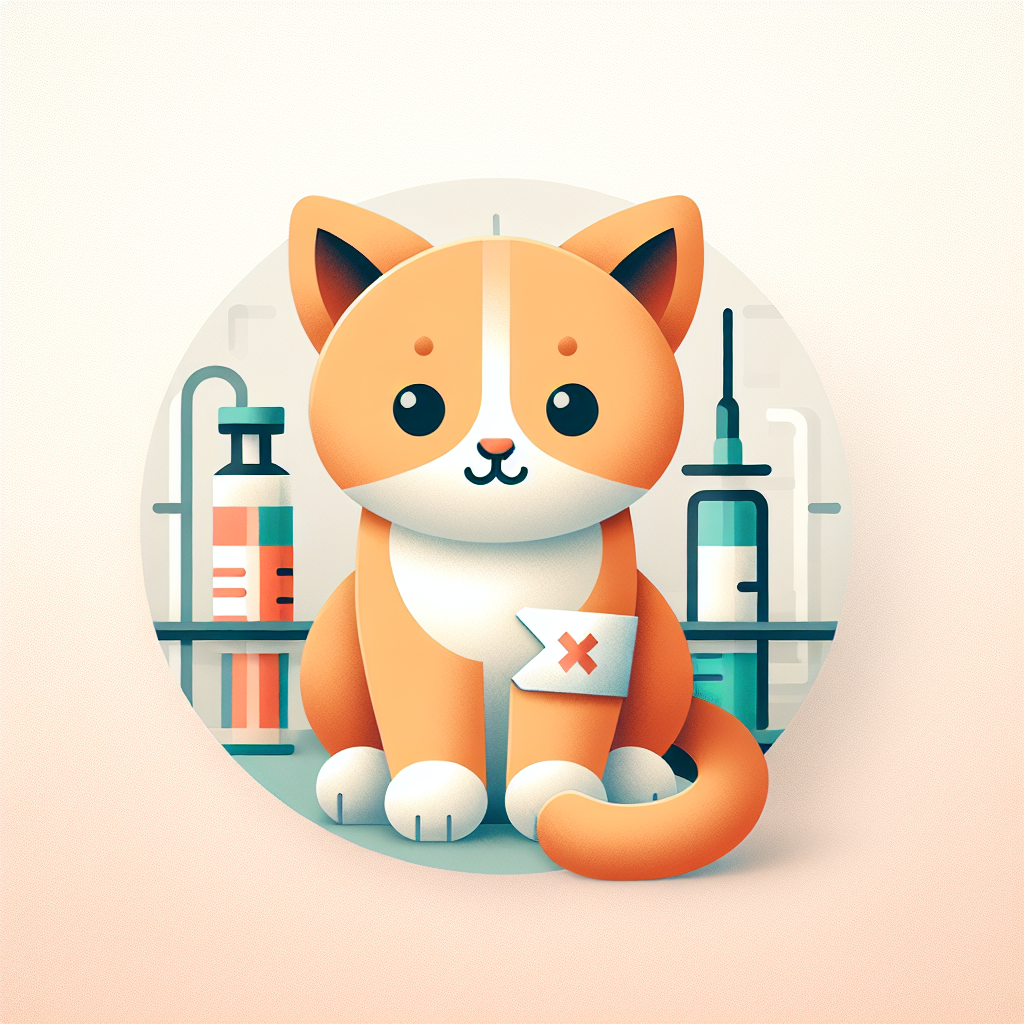
Welcoming a new kitten into your home is an exciting and joyful experience. However, with this joy comes the responsibility of ensuring your furry friend’s health and well-being. One of the most important aspects of kitten care is vaccinations. This guide will provide valuable insights and practical advice on essential vaccinations, helping both new and experienced cat owners make informed decisions.
Why Vaccinations Are Important
Vaccinations play a crucial role in protecting your kitten from a variety of diseases. They work by stimulating the immune system to recognize and fight specific pathogens. By vaccinating your kitten, you can prevent serious, life-threatening illnesses and contribute to the overall health of the feline population. Additionally, some vaccinations are required by law, depending on your location.
Core Vaccinations for Kittens
Core vaccines are those that are universally recommended for all cats, regardless of their lifestyle or environment. These vaccines protect against diseases that are highly contagious and pose significant health risks.
Feline Panleukopenia (FPV)
Also known as feline distemper, FPV is a highly contagious viral disease that can be fatal, especially in kittens. It attacks rapidly dividing cells in the body, leading to symptoms such as fever, vomiting, diarrhea, and dehydration. Vaccination is essential to protect your kitten from this disease.
Feline Herpesvirus (FHV-1) and Feline Calicivirus (FCV)
These two viruses are responsible for respiratory infections in cats, commonly known as feline viral rhinotracheitis (FVR) and feline calicivirus infection. Symptoms include sneezing, nasal discharge, and eye inflammation. The FVRCP vaccine combines protection against FPV, FHV-1, and FCV, and is considered a core vaccine.
Rabies
Rabies is a viral disease that affects the nervous system and is fatal once symptoms appear. It poses a risk to both animals and humans. Rabies vaccination is required by law in many areas, and it is essential for protecting your kitten and complying with legal requirements.
Non-core Vaccinations
Non-core vaccines are recommended based on your kitten’s lifestyle, environment, and risk of exposure to certain diseases. Your veterinarian can help you decide which non-core vaccines are appropriate for your kitten.
Feline Leukemia Virus (FeLV)
FeLV is a viral infection that affects the immune system and can lead to severe illness or death. It is primarily spread through close contact with infected cats. If your kitten is at risk of exposure, such as through outdoor access or living with an infected cat, the FeLV vaccine may be recommended.
Bordetella
Bordetella bronchiseptica is a bacterium that can cause respiratory infections in cats. It is more common in multi-cat environments, such as shelters or boarding facilities. The Bordetella vaccine may be recommended if your kitten is at risk of exposure.
Chlamydia
Chlamydia felis is a bacterial infection that can cause conjunctivitis and respiratory symptoms. It is more prevalent in multi-cat environments. The Chlamydia vaccine may be recommended if your kitten is at higher risk.
Vaccination Schedule
A proper vaccination schedule is vital for ensuring your kitten receives the necessary protection at the right time. The typical vaccination schedule for kittens is as follows:
6-8 Weeks
- FVRCP (feline viral rhinotracheitis, calicivirus, and panleukopenia)
10-12 Weeks
- FVRCP (booster)
- FeLV (optional, based on risk)
14-16 Weeks
- FVRCP (booster)
- Rabies
- FeLV (booster, if given initially)
Adult Cats
After the initial kitten series, adult cats should receive booster vaccinations to maintain immunity. The frequency of boosters will depend on the specific vaccine and your veterinarian’s recommendations.
Preparing for Vaccination Appointments
To ensure a smooth vaccination process, prepare for your kitten’s veterinary appointments:
- Bring your kitten’s medical records and vaccination history.
- Discuss any concerns or questions with your veterinarian.
- Ensure your kitten is calm and comfortable before the appointment.
- Follow any pre-appointment instructions provided by your veterinarian.
Potential Side Effects and Risks
While vaccinations are generally safe, some kittens may experience mild side effects, such as slight fever, lethargy, or minor swelling at the injection site. These symptoms usually resolve within a day or two. Severe reactions are rare but can occur. Contact your veterinarian if your kitten experiences any of the following:
- Difficulty breathing
- Swelling of the face or limbs
- Severe vomiting or diarrhea
- Persistent high fever
Maintaining a Healthy Environment
In addition to vaccinations, maintaining a healthy environment is crucial for your kitten’s well-being:
- Provide a balanced diet and fresh water.
- Ensure regular veterinary check-ups.
- Keep your kitten indoors or supervise outdoor access.
- Practice good hygiene, including regular litter box cleaning.
- Minimize stress by providing a safe, comfortable space.
Conclusion
Vaccinations are an essential part of responsible kitten care, protecting your furry friend from serious diseases and ensuring a healthy start to life. By understanding the importance of vaccinations, adhering to a proper schedule, and maintaining a healthy environment, you can safeguard your kitten’s health and well-being for years to come. Always consult with your veterinarian to tailor a vaccination plan that meets your kitten’s specific needs and circumstances.
#ChatGPT assisted in the creation of this article.








